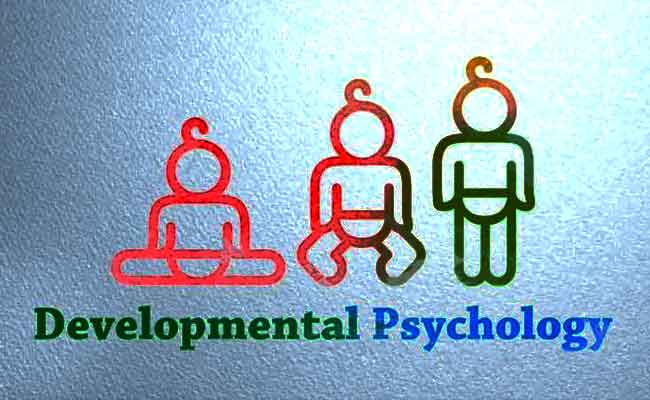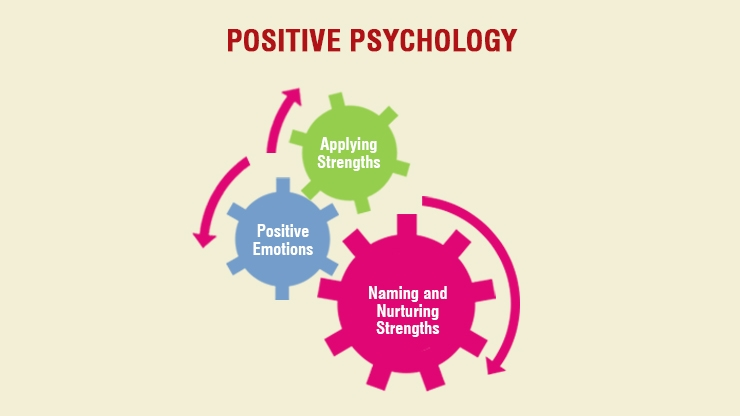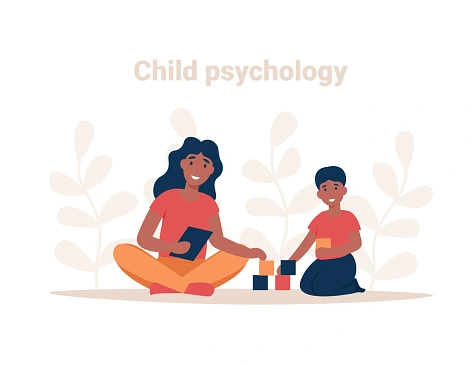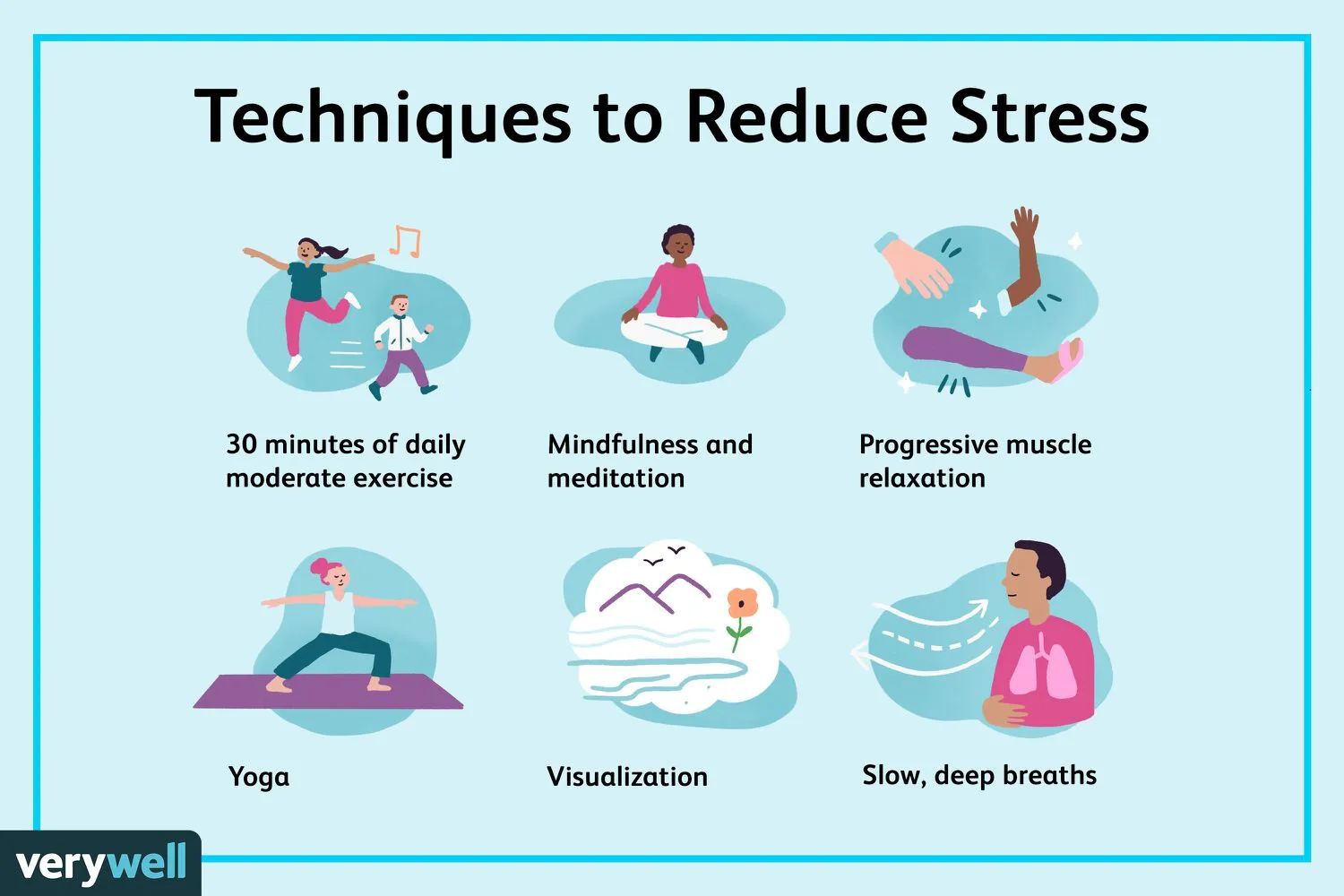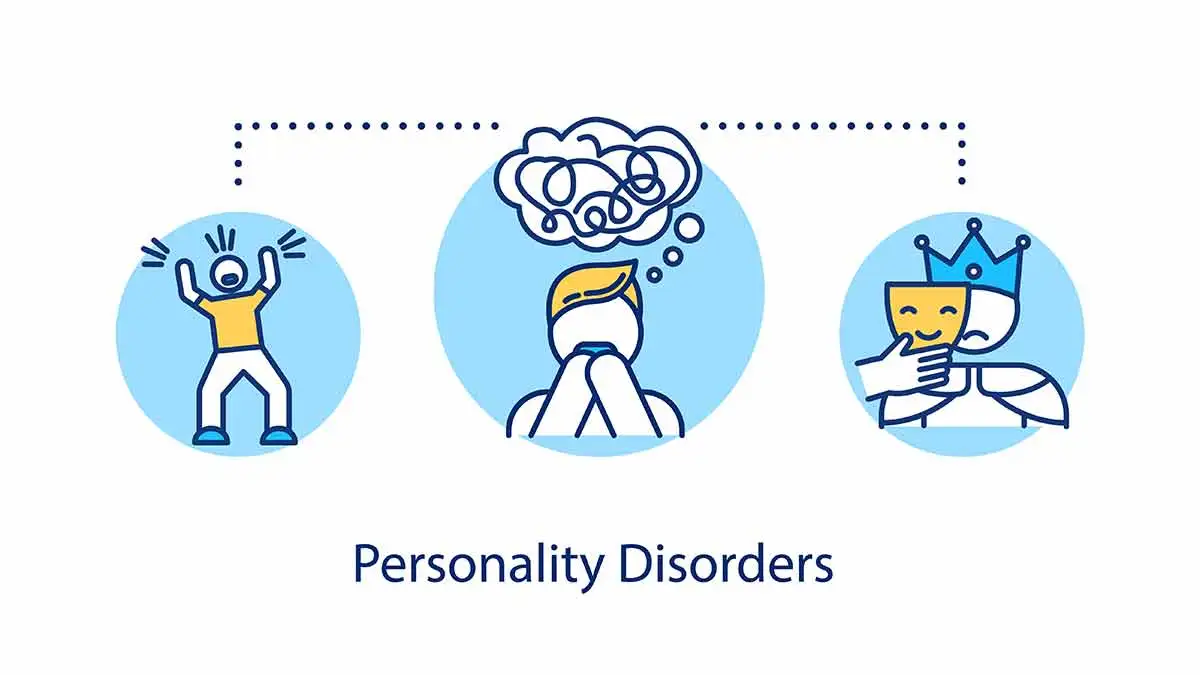Developmental psychology is the scientific study of how humans grow, develop, and change throughout their lifespan. It focuses on the physical, cognitive, and social changes that occur from infancy to old age. Understanding these changes is critical to helping individuals navigate different life stages and cope with the challenges they may face. In this article, we will explore the major theories of developmental psychology and their practical implications.
One of the earliest and most influential theories of developmental psychology was proposed by Jean Piaget. Piaget believed that children actively construct their understanding of the world through their experiences. He argued that children progress through four distinct stages of cognitive development: the sensorimotor stage, the preoperational stage, the concrete operational stage, and the formal operational stage.
During the sensorimotor stage (birth to 2 years), infants learn about the world through their senses and motor actions. They develop object permanence, the understanding that objects continue to exist even when they are out of sight. In the preoperational stage (2 to 7 years), children develop language and symbolic thinking, but they lack the ability to understand logical operations. They struggle with concepts such as conservation, the understanding that quantity remains the same even when appearance changes. In the concrete operational stage (7 to 11 years), children can understand logical operations and think more systematically. They also develop a sense of conservation. Finally, in the formal operational stage (11 years and up), adolescents and adults can think abstractly, reason hypothetically, and understand complex concepts.
Piaget’s theory has had a profound impact on education and child development. It suggests that children’s understanding of the world is not simply a matter of receiving information, but of constructing their own knowledge through experiences. Teachers and caregivers can use this insight to create environments that encourage exploration, experimentation, and problem-solving.
Another influential theory of developmental psychology is Erik Erikson’s theory of psychosocial development. Erikson argued that individuals progress through eight stages of psychosocial development, each with a unique challenge or crisis.
![]()

